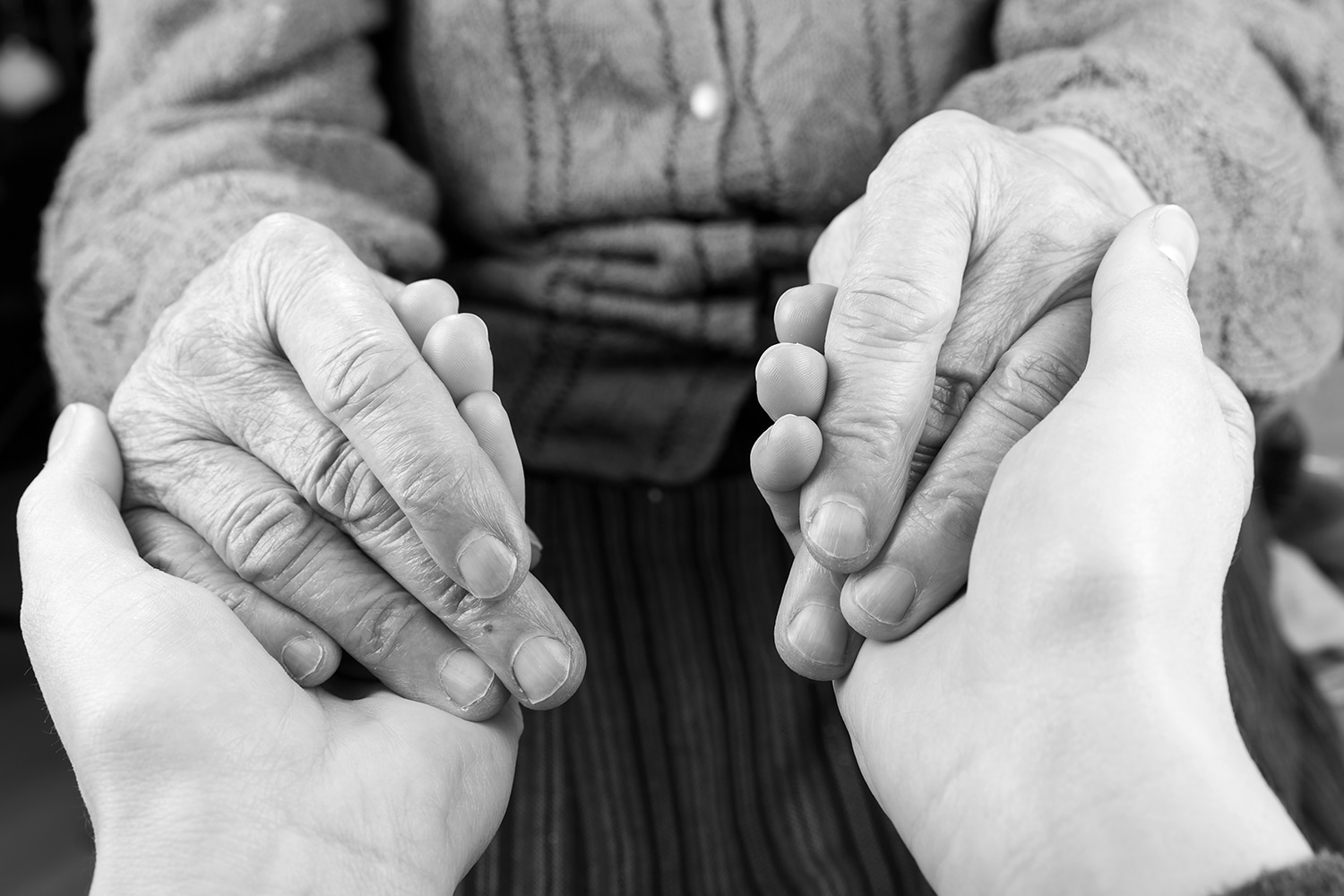Cancer caregivers who provide care for long hours and over extended periods of time are at increased risk of poor mental health, according to a study published Nov. 29 in the Journal of Oncology Practice. But simply providing caregivers with access to support services may significantly improve their ability to cope, the authors suggest.
The study, which used data from the 2015 Behavioral Risk Factors Surveillance System survey, focused on 1,574 caregivers of adult cancer patients living in the U.S. Of these, 122 were high-intensity caregivers, defined as those who provide more than 20 hours of care each week for more than two years.
During a phone survey, each caregiver answered the question: “Thinking about your mental health, which includes stress, depression and problems with emotions, for how many days during the past 30 days was your mental health not good?” The caregivers also answered questions about whether they felt their support service needs were being met. Support services include things like caregiving classes, support groups, counseling and respite care.
The caregivers’ answers varied significantly, largely depending on their level of caregiving intensity and how they assessed their access to support services. High-intensity caregivers who felt as though their support needs were met reported an average of 7.6 mentally unhealthy days per month. High-intensity caregivers who did not feel that those needs were met, however, reported 14.8 mentally unhealthy days—a full week more. Support service access appeared to make a smaller difference to caregivers who offered fewer hours of support for shorter durations: Those who said they had unmet needs reported 6.5 mentally unhealthy days per month, compared to 4.6 mentally unhealthy days for those who said their service needs were met.
“The most surprising thing I found was how big of a difference there was between the [high-intensity] caregivers who reported having unmet service needs versus those who didn’t report having a need,” says study co-author Erin E. Kent, a scientific adviser for the Outcomes Research Branch of the National Cancer Institute. “To me that speaks to a pretty actionable target for intervention,” says Kent, who is employed by the consulting company ICF International Inc.
A 2016 report by the National Alliance for Caregiving estimated that the U.S. has about 2.8 million family caregivers of adult cancer patients. Yet the term “caregiver” has only become widely used in recent years; some people who care for loved ones with cancer don’t associate themselves with it. Kent says using this term emphasizes the critical roles that caregivers play, and it may help to destigmatize their need for support.
Rachel Cannady, strategic director of cancer caregiver support with the American Cancer Society in Atlanta, refers to the impact of cancer on caregivers’ mental health as cancer’s “invisible side effect.” Cannady was not involved in the study.
“The psychosocial experience of providing care is so internalized and distress is so internalized. Because there are few external symptoms … it’s that invisible isolating struggle of being in this role,” Cannady says. “There’s no doubt that the amount of information and the amount of responsibility that cancer caregivers are required to be a part of in the care experience has a psychosocial toll that’s long term. It impacts them for years even after diagnosis.”
The study authors refer to cancer caregivers as a “hidden workforce” that supports the work being done in hospitals and clinics. Caregivers do not always receive support because they are not recorded in charts like patients. Caregivers can feel overwhelmed by the tasks that they assist with, the time they devote to caring and the emotional toll of having a loved one with cancer. The resulting anxiety and stress can lead to depression.
Caregivers can take steps to maintain their mental well-being.
Rachel Cannady, strategic director of cancer caregiver support with the American Cancer Society in Atlanta, shares advice for caregivers on how to maintain mental health while helping a loved one through cancer:
- Ask for help. Assign friends and family specific tasks, such as picking up prescriptions or preparing a dinner. “If you put that request out there, people will be compassionate.”
- Stay connected to friends and hobbies. “The things that give you joy shouldn’t disappear because you’re a caregiver,” Cannady says. Stay connected with loved ones, even if it means a video chat. Take time to do your favorite things, whether that’s taking a walk or getting your nails done.
- Try to laugh each day. It’s a tough request some days, but it can change a mindset. Cannady recommends YouTube for an easy laugh: Search for a video of your favorite comedian, a blooper reel or funny animals. And on some days, it might be ourselves that we’re laughing at, too.
- Make sleep a priority. Sleep disturbance has a lasting impact. If you’re having a hard time sleeping, try to integrate more physical activity into your day.
Yet cancer caregiving is not all negative, Kent says. She says anecdotal evidence shows that serving a loved one during a trying time can provide an experience of great meaning. The key is to accentuate the meaning of the caregiving experience, while providing caregivers with practical tools and emotional support to assist them in their roles.
“Cancer can be a family affair, and we really see that in the data,” Kent says. “Support groups and counseling can be extremely helpful, [as can] referring to resources that are widely available, from organizations like the National Cancer Institute and American Cancer Society. They have a lot of great resources for caregivers … to help people realize that being a caregiver is an incredibly important role, and whatever struggles they may have are real, they are valid and there is help out there.”
Cancer Today magazine is free to cancer patients, survivors and caregivers who live in the U.S. Subscribe here to receive four issues per year.





